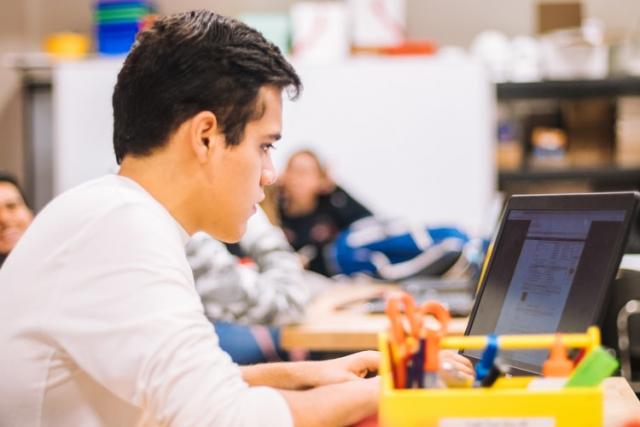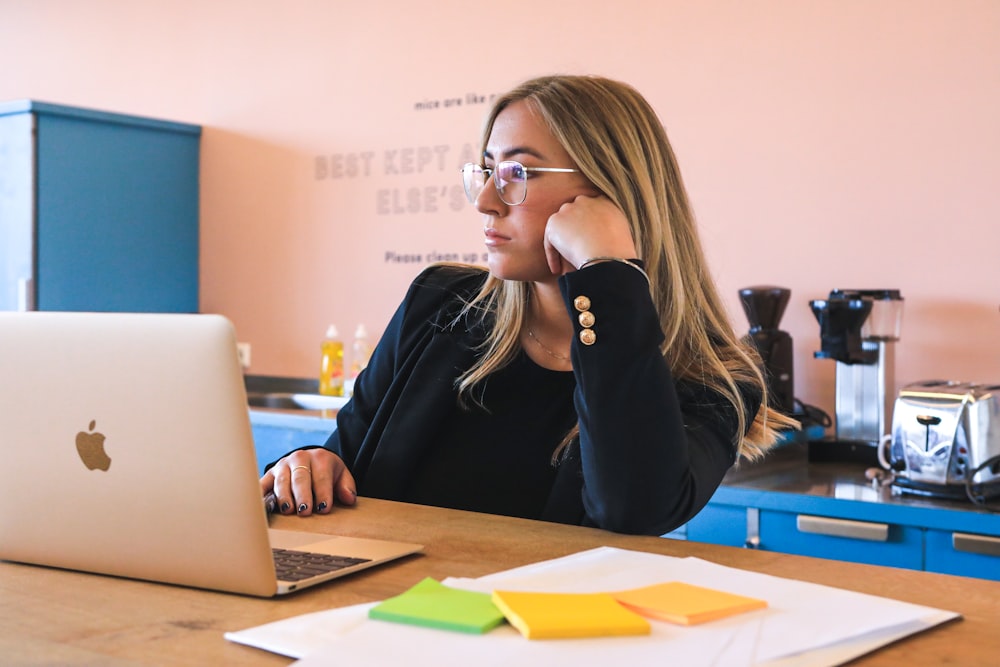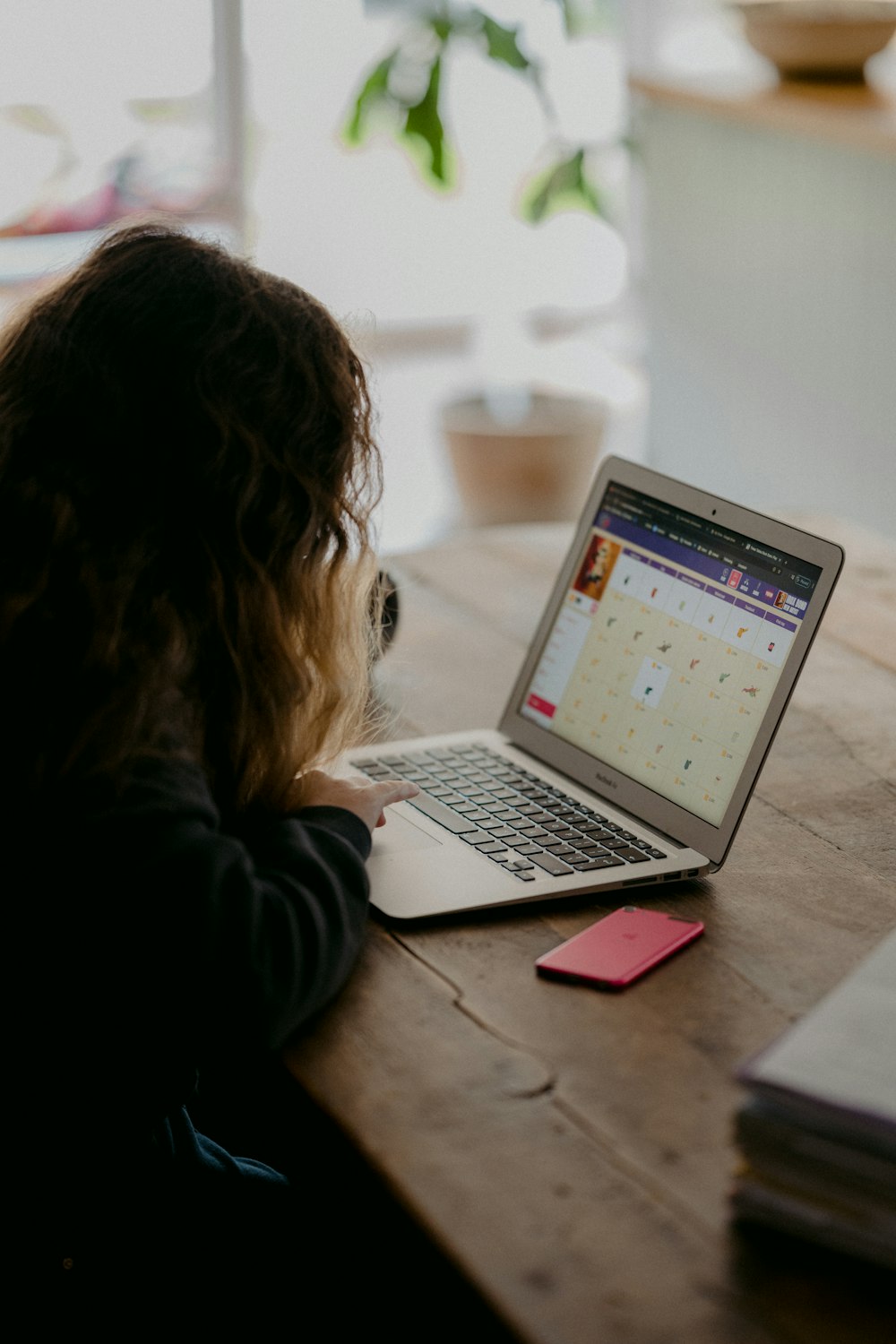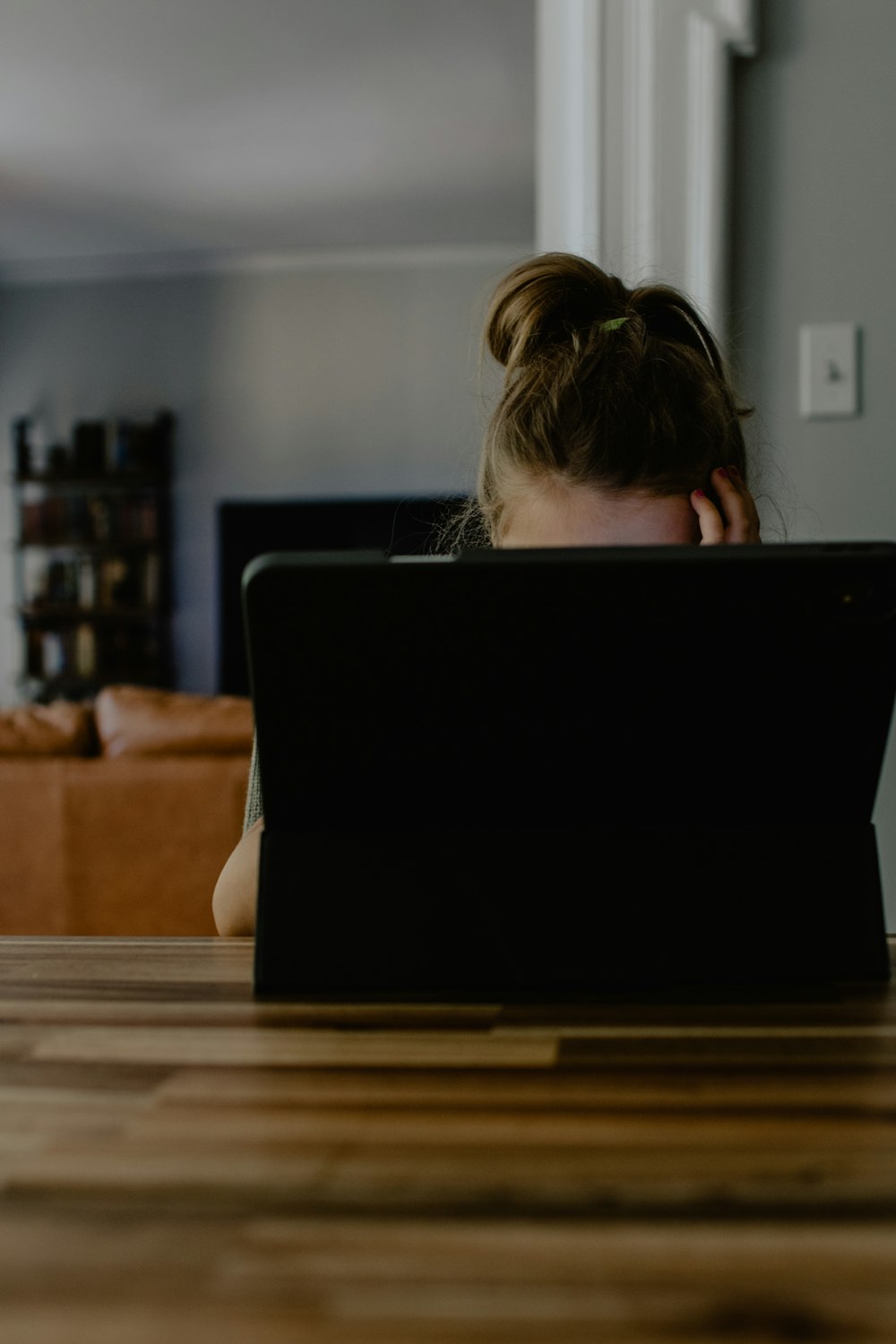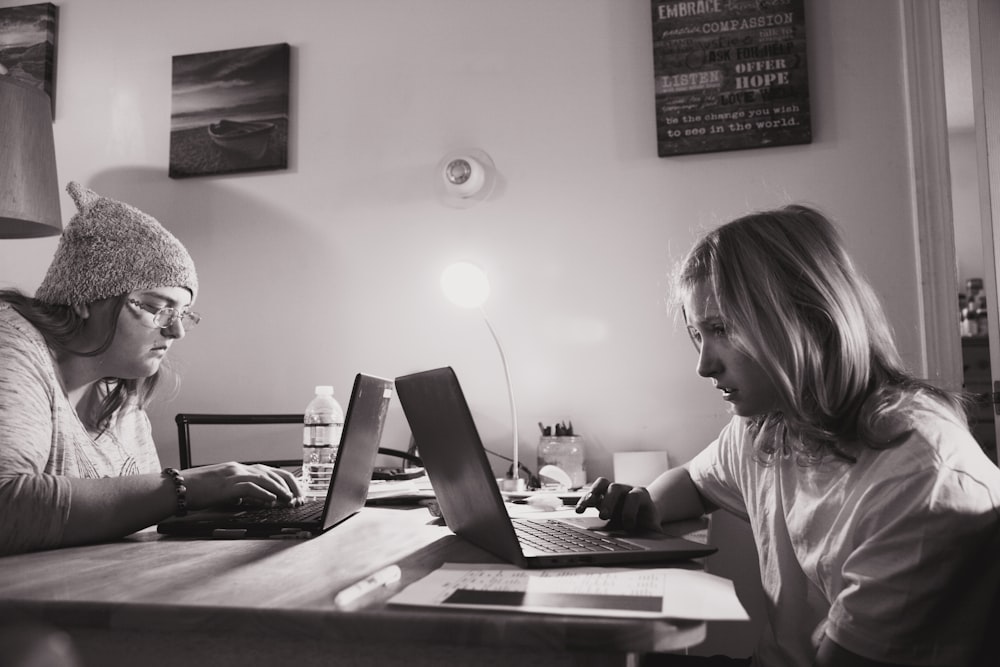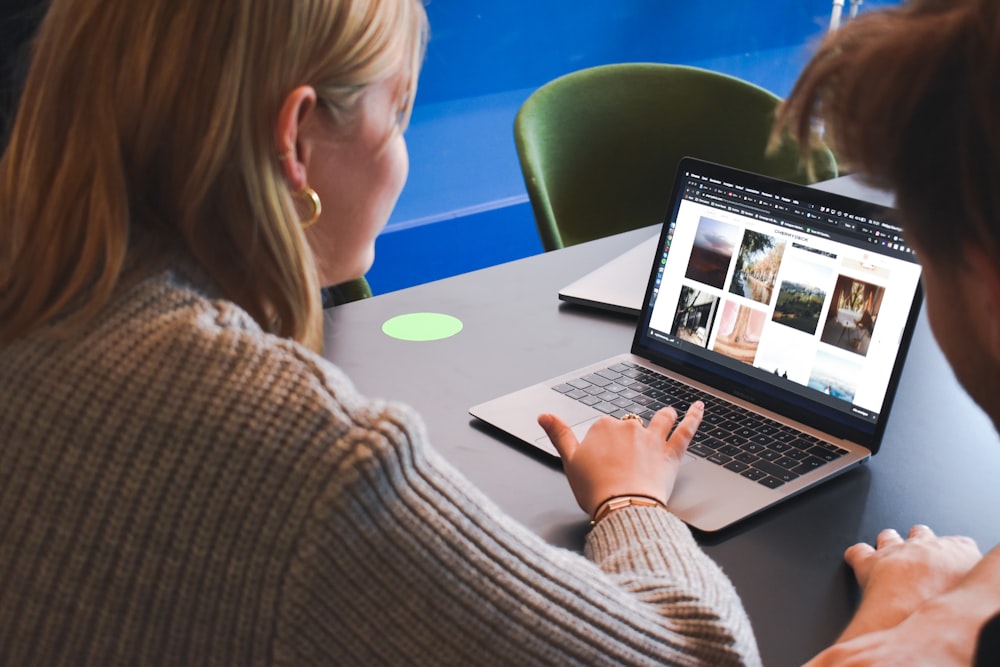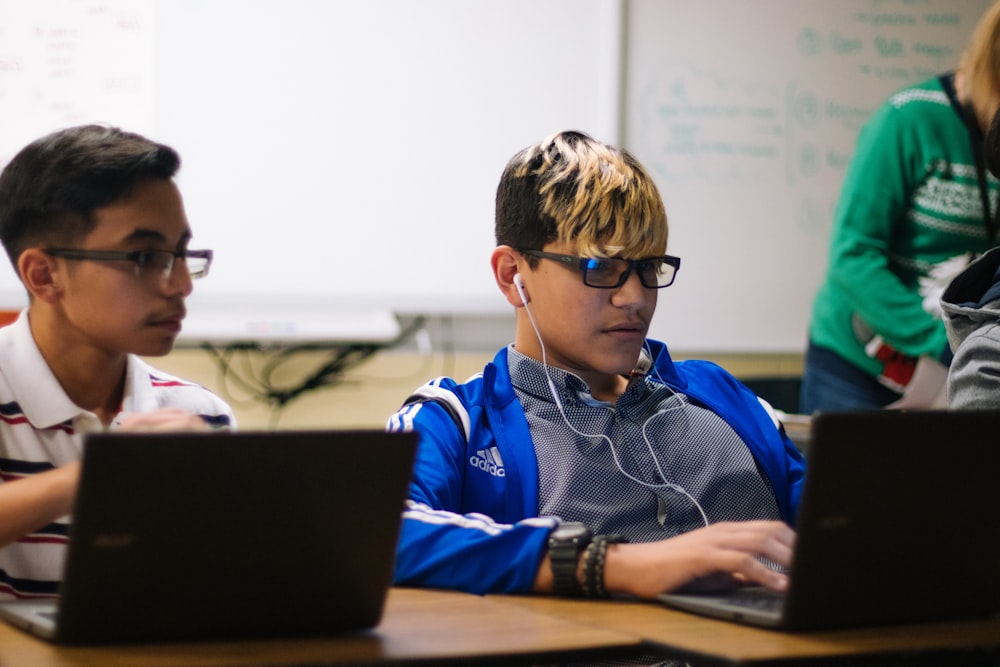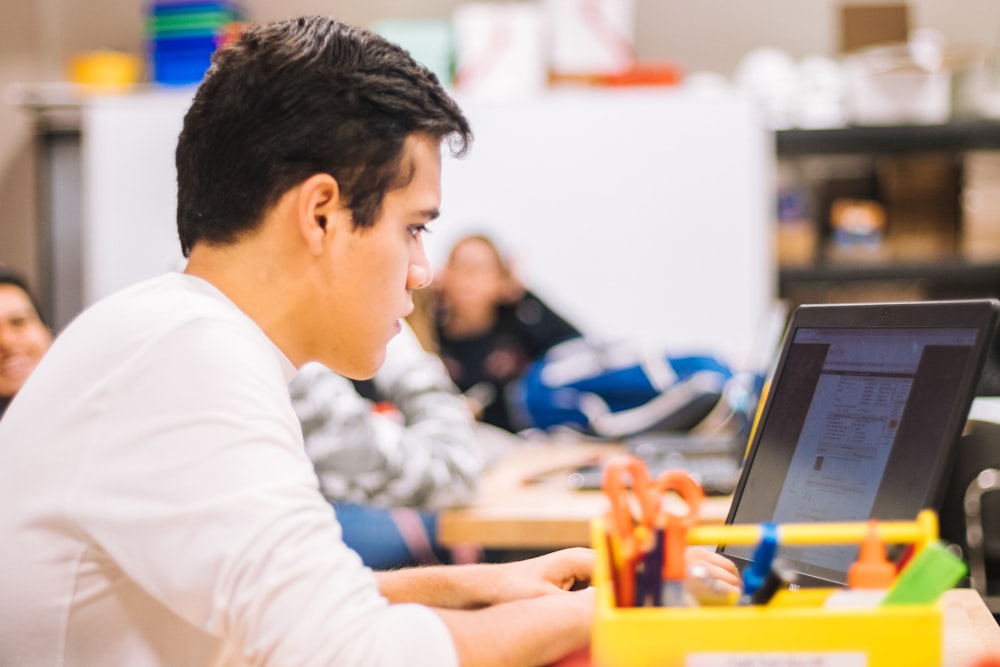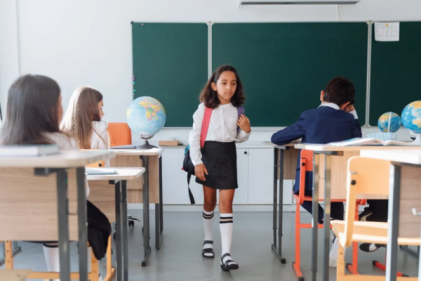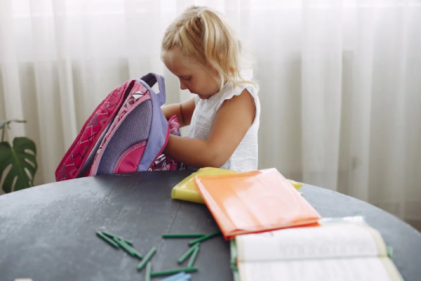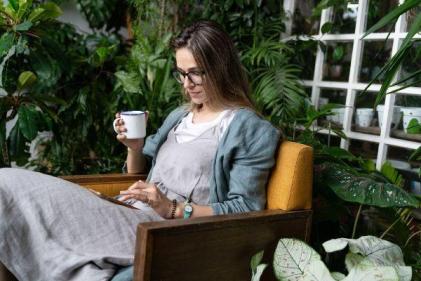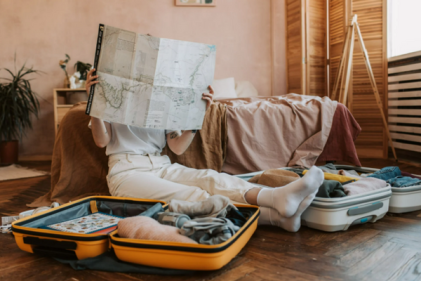With the return to online learning, comes a sense of PTSD from last March. The panic of trying to keep teens engaged and motivated while also trying to overcome the mountain of your own work was an unprecedented challenge.
And now that we find ourselves back there, how has our approach changed? What will online learning look like for teachers, students and you, the parents, now that it isn’t coming as such a shock to the system?
We interviewed three secondary school teachers to see what we can expect from the upcoming online learning stint, their advice on how to get the most out of it and how things will be different this time.
Cathal* is an English and history teacher who qualified this year, and Regina* and Sarah* are Irish and PE teachers, who qualified this year and last year respectively. Cathal and Sarah have taught online before, whereas this is Regina’s first time teaching fully online. Answers have been condensed.
What does going back to online learning look like for you? How are you preparing?
Cathal: I’ve been setting up Google classroom and been practising my Zoom presentations again. We have to have screenshare we have to have PowerPoints on back up, we have to have all our documents converted to PDFs so they can be uploaded to Google classroom, or Microsoft Teams.
I’m also very aware that very few students brought their books home with them after Christmas because they weren’t aware of this happening, so very few of them will actually have the material with them. So, I’ll need to have a bank of material to work with to get them where they need to be, as they don’t have it with them, and they probably won’t be allowed into the schools to collect it. If they are great, if not we’ll have to survive, whatever material they have, we can work off of that.
Regina: From September I have been using Google classroom with my students, so they’re already really familiar with that. That would be my main crutch. Putting up stuff every day, using those assignments like Google forms.
I’m going with my plan as a teacher, like I would be covering a poem next with my second years, so I’m just going to do that online, put up the PowerPoint. I’m expecting them to go through it themselves and if they have questions to come to me with it. It will be a lot of ‘Here’s your information, go over it,’ and giving them a task at the end to check their understanding of it. So, I suppose for students, they need to be doing their tasks, for me to see that they are engaging.
What do you think will be different this time around for online learning?
Cathal: Different schools did different things. Some schools went hard and heavy very quickly and they had classes nine to five every day of the week. The important thing to remember here is that the student knowledge intake is halved. Students learn at a slower rate at home, information gets digested more slowly, because it’s a less intensely structured environment than school. So some schools kept a more hands off approach, doing one zoom a week, other schools did five classes of zoom a week and had conversations and dialogue via Zoom, like a classroom setting.
I personally don’t like that method, because I find the students don’t engage if they’re all on their computers and they’re all trying to talk over each other. So, I assign work, I explain the work and I let them go look at the questions then. They can come back to me and I’ll stay on the Zoom call for ten or fifteen minutes after, so they can get back to me if they want.
Sarah: I suppose the main difference between this time and last time, was that last time we had literally just set up Google classroom the day before and we didn’t know what was going on and we didn’t know how to use it. Whereas now, since September, we have been using it, and uploading assignments and all that. They’re a lot more used to it.
We’ve been given tutorials on how to use certain aspects of the classroom [software], like we can make a whiteboard and they can see your handwriting. It will be a bit easier this time, we’re not going into the unknown as much.
What would you say to parents who are worrying right now about this new situation?
Cathal: If they’re worried about their children, they shouldn’t be. At home is the safest place for them to be until the numbers come down. If they’re worried about their education, they should try to take a step back from that. All of this will be taken into consideration. Mocks will have less of an impetus on them now, there’ll be no major pressure, because all of this as well as last year has to be taken into account.
There has been a massive loss of classroom time, and that will be accommodated in the exam. The exam will be altered, changed, it won’t be the same as the exams two years ago. It will reflect what the students could have done in the time they had available to them, as well as the online learning on top of that. Stressing yourself will get you nowhere. Take a step back and a deep breath.
Regina: I would say keep your kids in a routine. Don’t let them sleep in until 2 o’clock in the day, they need to be getting up and having a breakfast and sitting down to work. Even if it’s just for the morning, for two or three hours.
It is hard for the kids, especially when they’re teenagers. So definitely check in with them, don’t let them just run loose, do keep monitoring them.
Sarah: I know there is talk of letting parents on to Google classroom, but I’m not sure if that’s happening. This school is setting a structure for them. There is a timetable it’s being treated a s a normal school day.
All the parents can do really is even check in with them after the end of the day, just to make sure the work is completed. You don’t have to be on top of them the whole day, because obviously they’re working themselves, just make sure they have the work done for that day.
What advice would you give a first-year vs a sixth year for this new way of learning?
Cathal: The first years aren’t familiar with this at all and they’re going to be overwhelmed with this in the first place. If they can do a diary entry a night or if they can do their few lines and be happy that they’re chipping away, they’ll be fine. They just need to be constantly refreshing and working with what they have.
Sixth years know what they’re at. At this stage now they know the layout of the exams. They know how to go about it and a lot of them can do their own independent learning as well. A lot of them have started studying on their own anyway. After Christmas is the run-up there, so generally people start after Christmas. Once they start recapping or revising what they have already and keep looking at exam paper and examples, they’ll be able to work off that.
Regina: If you’re at home and you don’t understand something, your teacher is still there to help you. Get in contact with your teacher if you feel overwhelmed or if you feel like you really don’t understand something. Don’t just not do anything or not upload something. Reach out. Even if it’s just to your classmates
Sarah: Stick to your timetable or whatever structure is in place. Or if there is something that you think we could improve on as teachers, let the teacher or the school know. We are there to help and we want to make it as easy as possible for you. It will be better, and it will be easier this time, because you have experience of it and so do the teachers.
How can they get the most out of the online format? What would be your advice for sticking to a routine and doing well?
Cathal: Take breaks. Sometimes breaks get overlooked. Teachers will have Zoom calls staggered and could go nearly the whole day without a break and then you’re mush. No good to anyone if you’re sitting in front of a screen for that long. Take a five-minute break between classes. Teachers should know that by now, to give students a chance to get up and stretch their legs, go to the bathroom, get a sandwich or something. If they’re staring a screen for five hours a day nothing will accomplished.
Sarah: If they’re Leaving Certs and Junior Certs, they will be motivated. Because they’re sitting exams and their pres are coming up. So, they will be fine. It’s probably just more second years and fifth years might be hard to get motivated. Plenty of positive praise, I guess, to keeping on doing what they’re doing.
Any parting words of advice for students and parents?
Cathal: It will be fine. This will pass and we’ll get over it and you’ll get to where you need to be for exams. There’s no point worrying, we’ll get to where we need to be.
Regina: You’re doing well, online teaching and online learning is hard, but you’ll get through it. We’re all in the same boat so don’t panic.
Sarah: The school is there for them. There will be contact from the school with the parents, and you can easily contact the teacher with email and Google classroom, so we are there for them if they need us. Just take it day by day, and they’ll be fine.
*Names have been changed for anonymity purposes.

